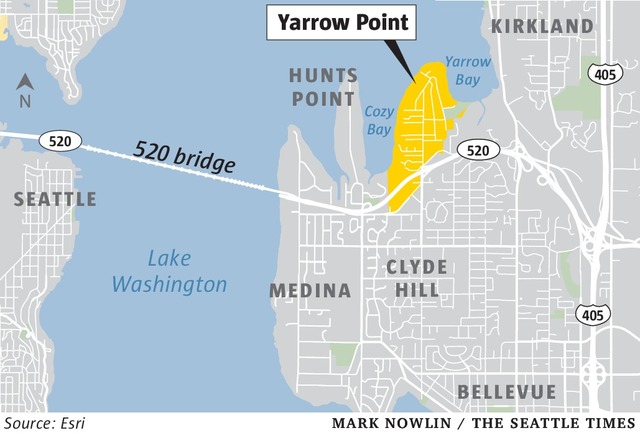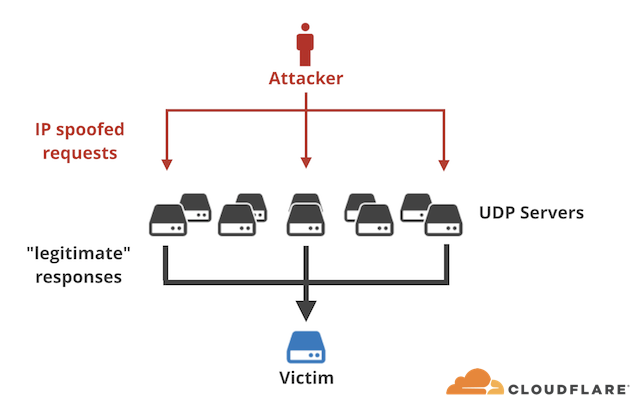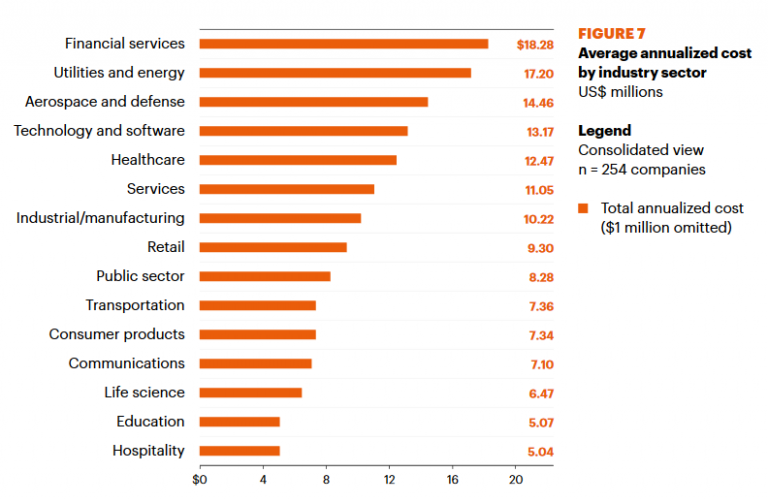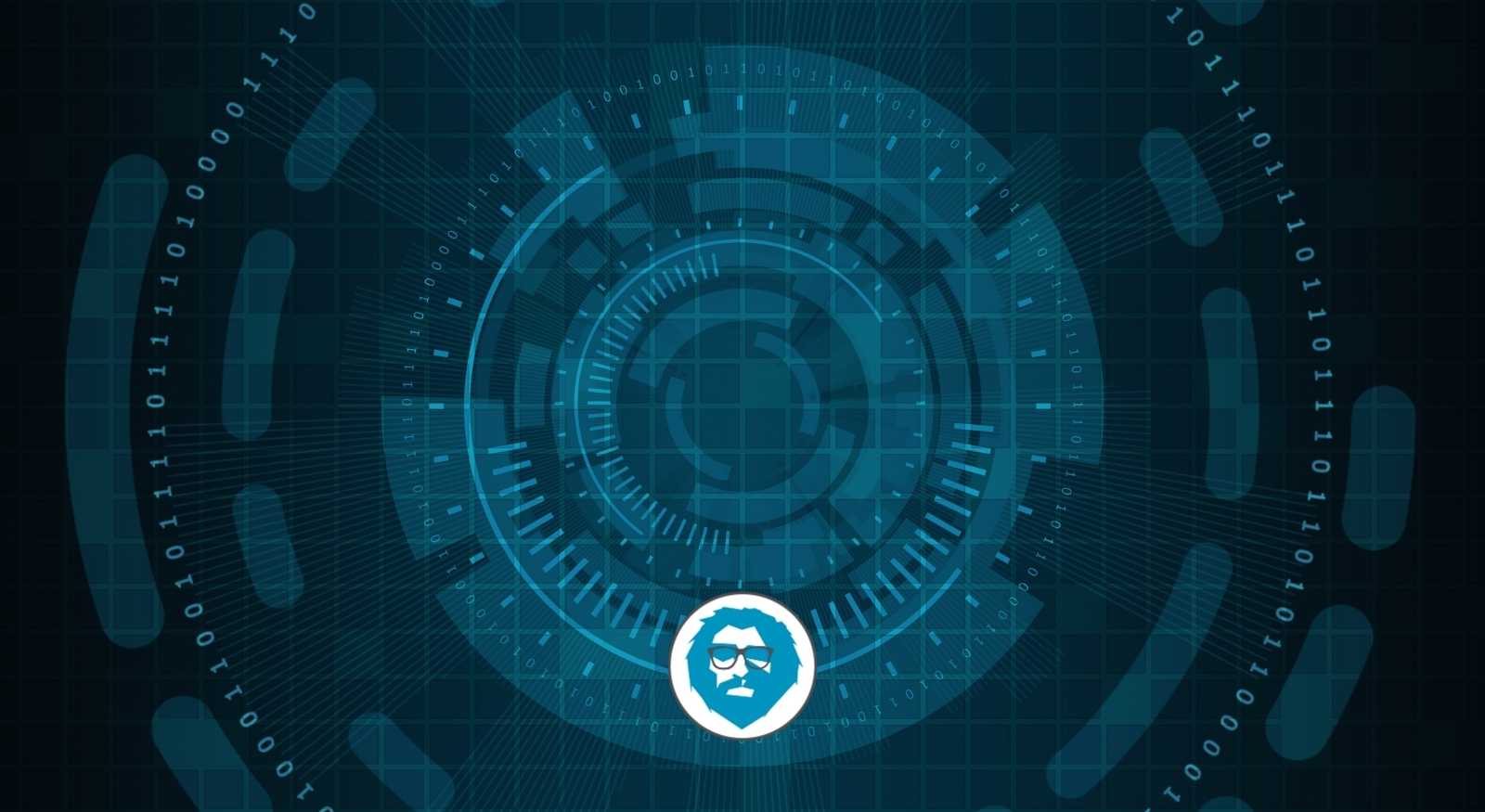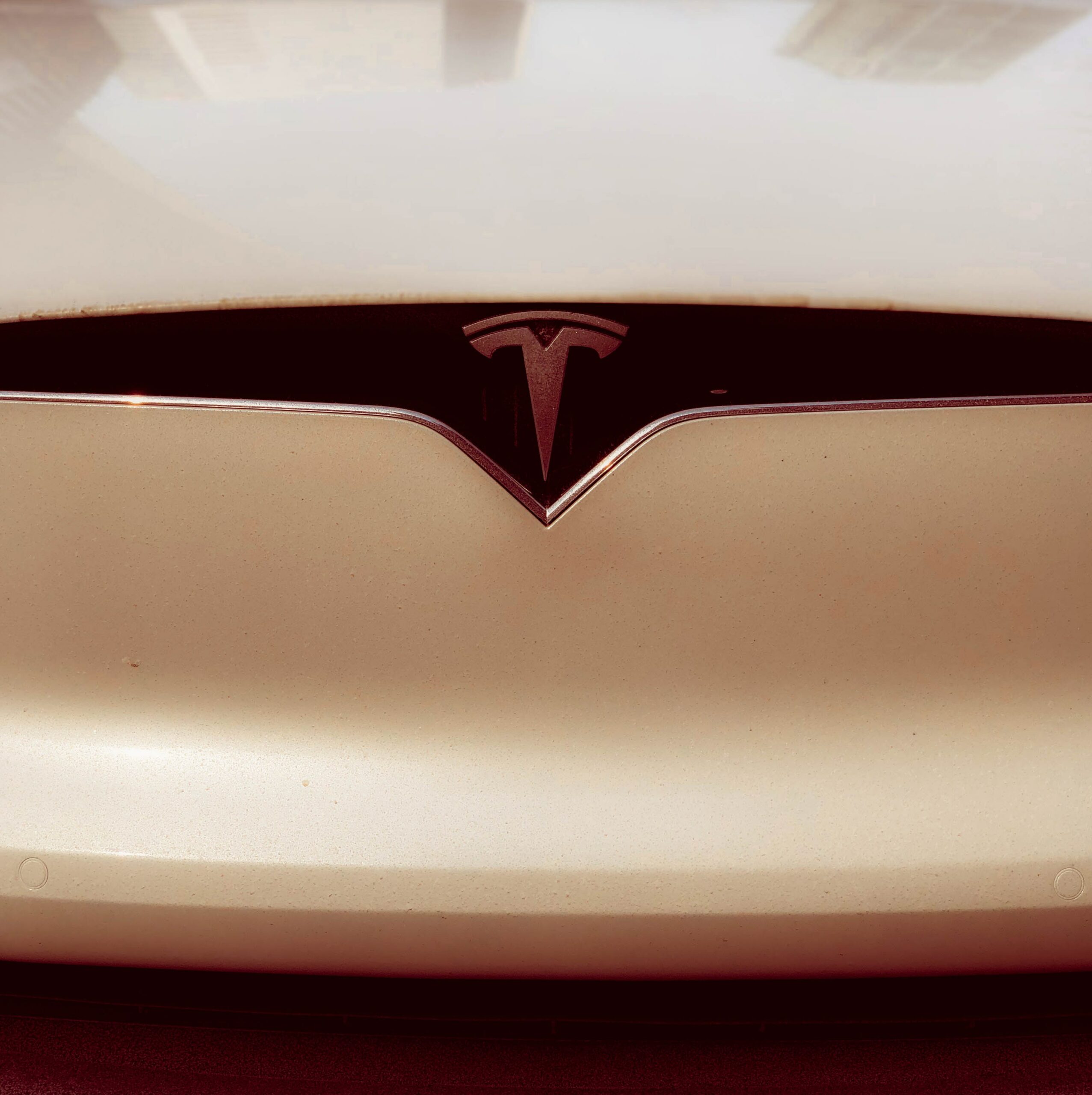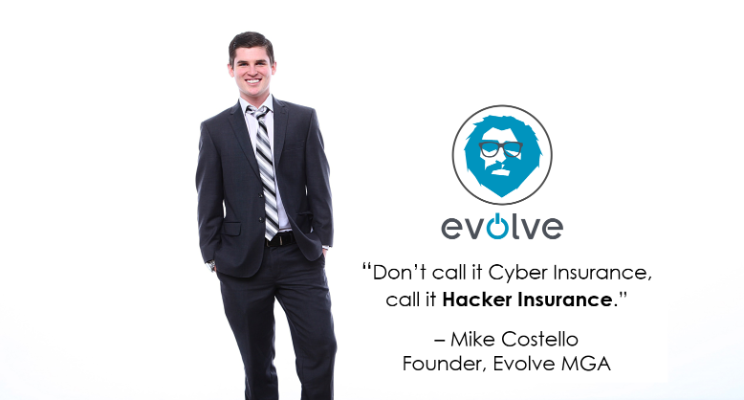
Ladies and Gentleman of the class of ’99, wear sunscreen. If I could only offer you one tip for the future, sunscreen would be it. The long term benefits of sunscreen have been proved by scientists, whereas the rest of my advice has no basis more reliable than my own meandering experience. I will dispense this advice now.” – Baz Luhrmann (YouTube Song)
Most insurance brokers can sell ice to a polar bear, but their clients aren’t buying cyber… I’ve found the following techniques helpful when selling cyber. Hopefully, you will too.
1. Call it Hacker Insurance! It already feels good saying that, right? Why call it Hacker Insurance? The terminology, “Cyber Insurance” is broad, confusing, and doesn’t immediately connect with businesses. Hacker Insurance directly describes where all of the attacks originate… from hackers! Who would have thought sales would be this easy?
2. Follow the Losses: The #1 Attack… Ransomware! Most businesses will have heard of the term, “Ransomware.” Put simply, it’s just a virus that locks up data in demand for money. The Department of Justice reported an average of 4,000 of these attacks a day in 2016. Yikes! That’s a lot and it means THEY ARE WORKING. Which begs the following questions…Why are these attacks so effective? – There are 1,000’s of strands of ransomware and a lot are 100% FREE. – Computer illiterate employees (we all know that person) are easy targets! – Hackers know businesses have deep pockets and are looking for a quick pay day!
3. Follow the Losses: The #2 Attack… Wire Transfer Fraud! Businesses typically do not understand the terminology, “Social Engineering,” but “Wire Transfer Fraud” seems to resonate. In fact, most CFO’s will have likely stopped a fraudulent wire transfer (via a phishing email) from happening in the past. When these attacks aren’t stopped, here’s how they usually go:
– 1st Party: Hackers steal the CEO’s actual email address login credentials and email the CFO from the CEO’s real email address with a wire transfer request.
– 3rd Party: Hackers will look to steal an employees actual email address login credentials and email clients to wire money to their fraudulent bank account.
4. Understand Coverage Basics: Cyber Insurance starts at $1,000 in premium.When RANSOMWARE happens, a cyber policy provides Forensic Experts, Data Breach Attorneys, Public Relations Experts, the Ransom Demand, and lost profits from Business Interruption and Lost Customers (reputational harm). When WIRE TRANSFER FRAUD happens, a strong cyber policy will be there to provide reimbursement. An itemized data breach calculator is a helpful tool to break out itemized costs.
5. Last, but not least, massive data breaches do not apply to most businesses! We’ve all heard of massive data breaches (Target, Equifax, etc). Guess what? SME businesses generally do not have large quantities of data, nor do they associate themselves with the publicly traded, multinational corporations that make data breach headlines. With that in mind… almost every business will use computers (ransomware) and wire money (wire transfer fraud)!
Evolve MGA provides hacker insurance that protects businesses in the event they experience similar cyber attacks. If you’re interested in receiving a hacker insurance policy, let our cyber insurance specialists equip your business or retail insurance broker with a FREE quote!




